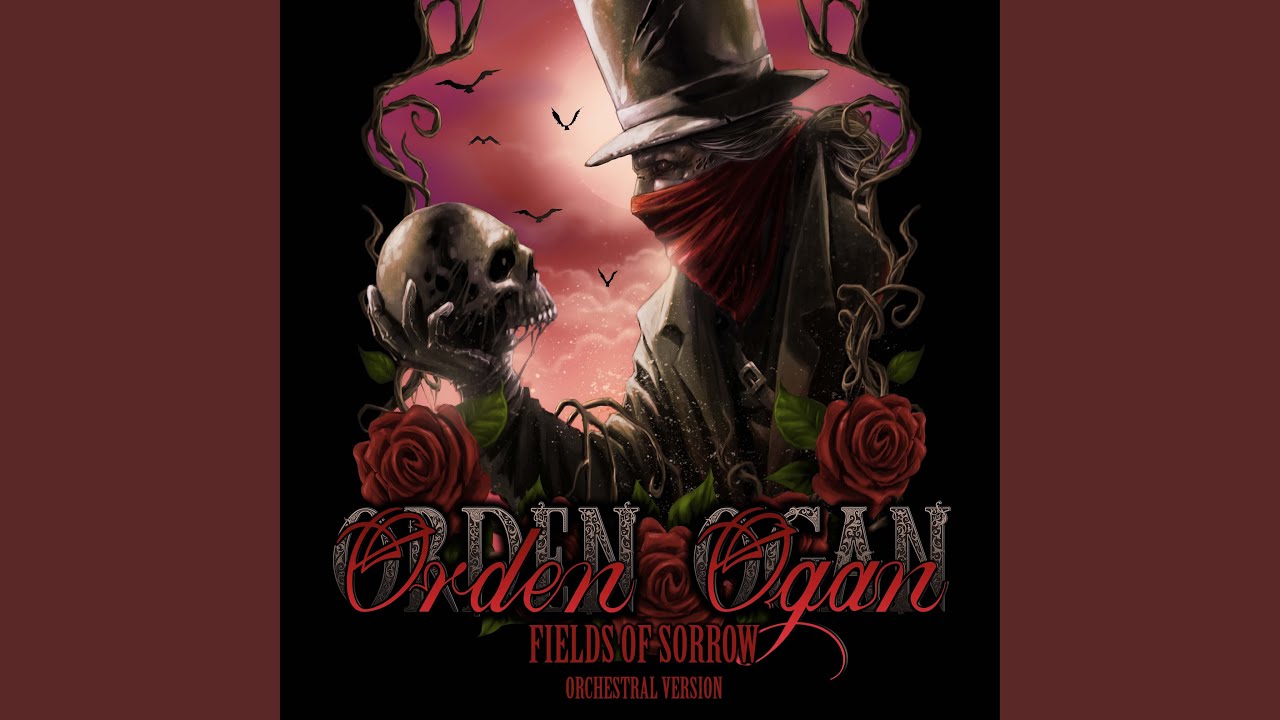You don’t? Then why?
- 16 Posts
- 110 Comments

 13·1 month ago
13·1 month agoI don’t like this type of question. In my experience knowing one language has little impact on learning another. What matters much more is understanding the underlying concepts.
If you grok OOP it doesn’t matter if you go from Java to C# or from C++ to Python. Yes, there are differences, but they’re mostly syntactic in nature.
So assuming you got the hang of imperative programming and maybe had some exposure to functional programming, too, the concept you’re likely to struggle with the most is ownership. Simply because it’s a concept that’s fairly unique to Rust.
Having come from Java, via C++ and Python and having dabbled with Haskell a bit, I feel like The Book does a decent job of explaining Rust in general and its oddities in particular.

 1·2 months ago
1·2 months agoBecause R is incredibly clunky. I’ve worked with both and never got the hang of R.
You mean missing documentation?
The first ‘E’.

 22·5 months ago
22·5 months agoYou can so stupid shit in any language. I admit Python doesn’t exactly make it difficult. A bit like JS, but different.
Exactly. Love it!
That’s called dumb luck.
I have that with Rust quite frequently. At least a lot more often than with any other language. I love it!

 2·5 months ago
2·5 months agoThe background is most likely a color that is in the Mocha palette, just one that is intended for dark accents, not regular background.

 2·5 months ago
2·5 months agoYou’re right, the background is too dark. Probably crust instead of base. Maybe it was customised or created improperly.
But I’m fairly confident that the palette is Catppuccin, probably Mocha.

 5·5 months ago
5·5 months agoLooks like Catppuccin Mocha

 2·5 months ago
2·5 months agoYou can’t teach experience.

 41·5 months ago
41·5 months agoI think that’s called a functor.

 1·5 months ago
1·5 months agoOf the internet? Probably not. Of the independent internet? Maybe.

 8·5 months ago
8·5 months agoGiven previous more or less similar projects this is likely to get sued out of existence by Google.
One of their greatest songs still.

 61·6 months ago
61·6 months agoWhy would you not want containers managed by systemd?
You get the benefits of containerisation and you don’t have to learn the arcane syntax of some container engine or another.

 11·7 months ago
11·7 months agoYes.
There used to be a service where you set an amount you paid each month and you could then mark pages/services for donation. At the end of the month your money would be split between all the pages/services you marked.
It was called flattr.
The elegance of this system is that you can set aside an amount of money you’re comfortable spending on art, or whatever you wanna categorise it as. So you’re fully in control of your spending. If videos/songs/articles/things cost a flat amount it’s easy to lose track of the total.















Interesting take on the sci-fi horror genre 😁